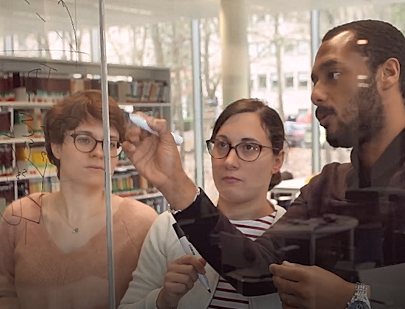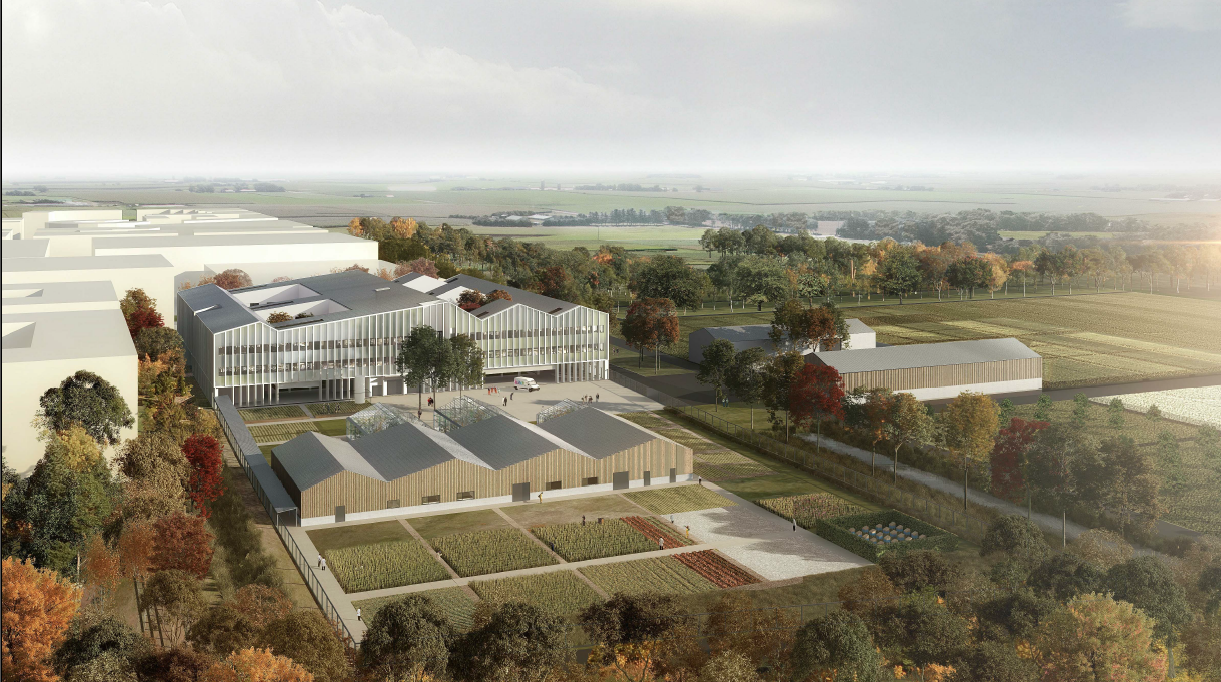Recruiting a Research Engineer for the CNRS at University Paris Sud, France

The Lab of Ecology, Systematics & Evolution of the University Paris Sud, Orsay (France) is recruiting, starting as soon as possible, a CNRS Research Engineer.
The position starts with a short-term contract, with the objective to complete it with a tenure position.
The RE will join the research group of Franck Courchamp (franck.courchamp@u-psud.fr) and will work in priority on global change and data analysis (biological invasions, climate change, macro-ecology). There will be a possibility in the future to work on ant ecology (lab+field+bigdata). Candidates will be evaluated according the criteria below, with no discrimination of any kind, such as nationality or gender. Speaking French is not indispensable either, as we’ll speak English in the lab, although it would be useful.
Description of activities:
The hired person will work as a support for the research team, and therefore will have a balanced activity in our different approaches:
– statistical modelling and analyses, notably meta-analyses
– setup and management of large datasets
– later on (possibly from next year on),
– managing of ant artificial colonies in the lab (long term perpetuation of colonies and optimization of set ups)
– experimentation in the lab and in the field: set up of the methodologies of sampling, determination, manipulation and experiment.
The Research Engineer will:
– interact closely with the various members of the group, notably with students and interns.
– help the team with administrative and logistic issues
– support and train students, participate to their supervision
– take an active role in the team scientific life, in particular through organization of regular scientific meetings (Journal Clubs, Lab Meetings, …).
– it is not far from the equivalent of helping to run a lab
If interested, the RE will also punctually participate to outreach activities and/or represent the team in scientific meetings (talks or posters in congresses). The RE will also have a possibility to conduct her/his own project part of the time.
Description of required skills:
The hired person will have a have a PhD Thesis in ecology. She/he will master the fundamental concepts related to the different projects of the group (see http://www.biodiversitydynamics.fr, although the site is brand new and still lacks many English pages). These concepts are mainly those of dynamics of trophic relationships, community ecology, biodiversity conservation, macro-ecology.
The hired person will have a will also need to master the technical aspects linked to the approaches used in the group, and notably to:
– Possess excellent bases in statistics, be fluent in R (and in English),
– Master the construction and analysis of databases,
– Be able to conceive and optimize experimental protocols in the lab or in the field,
– Be an excellent team worker,
– Like helping, training and supervising,
– Have good meeting animation skills,
– Knowing web page development is not required but would be a plus
– Having a solid experience in myrmecology (and colony rearing) would also be a plus
More generally, the ER mission will be to second the Senior Researcher who leads the team in most if not all facets of research on his different projects. The ER will therefore have a central role in the team as a long-lasting, pivotal element implied in various projects.

Part of our campus, view from the lab – the campus is the largest in Europe
Description of the context :
The Research Engineer will work in the department « Population and Community Ecology » of the Laboratory of Ecology, Systematics & Evolution research unit (ESE) at the University Paris Sud, Orsay. The RE will work in the newly created team “BioM”, Biodiversity Dynamics & Macroecology led by Franck Courchamp (CNRS Senior Researcher – franck.courchamp@u-psud.fr) and composed of an Assistant Professor (Elsa Bonnaud), a CNRS Junior Researcher (Céline Bellard) and currently 2-4 postdocs, 1-3 PhD Thesis students, 3-4 2nd year Master interns and as many 1st years and Bachelor interns, as well as frequent long-term students and invited scholars. The research projects in this team are numerous and diverse (biological invasions, climate change, overexploitation, trophic networks, charismatic species, …) and the RE will be expected to have be involved in most of them. Our approaches are observational, numerical, experimental and theoretical. Our study species vary with the questions at hand, spanning from mammals to insects (and even sometimes plants), but some can focus on very large taxonomic units, or even just biodiversity at the global scale (macroecology). We currently stopped our work on ants but would like to get back to it.
Complementary information on the team’s components, functioning and philosophy can be found on our web site here (please note that we just rebuilt our website and we still don’t have an English version for everything…). Information on the research unit can be found here, while info on the university is here. The position is funded by the CNRS, and its site is here.
Description of the contract:
The CNRS (Centre National de la Recherche Scientific) is the major, national research center and is focused on fundamental research, in all fields. It is a decentralized institute, with over 30,000 staff (of 90 nationalities) in many research units all over France, mostly in joined labs (for example with universities, as is our case). Among the world’s leading institutions for the excellence of its research, it is also famed for its life-long positions, the very wide liberty and flexibility to do research and its modest salaries to ensure you really are here for science. Net salary for a RE is between 2,000 and 2,500€ per month, depending on previous experience. Health and education are almost free in France (and basic health coverage is already included in the salary). RE positions can only be given to PhD Thesis holders.
In the CNRS, Research Engineers participate in the implementation of research activities. They guide and coordinate the diverse technical and administrative activities that contribute to the realisation of research programs. They can be in charge of all types of studies, of which they design and supervise the technical and conceptual aspects. Usually, one could say that they do most of the jobs of researchers, without having the pressure of publication (they can publish, but they don’t have too. Sweet). Postdocs who are excellent at their job but don’t really enjoy publishing are generally very good candidates. RE generally are associated to an entire team, within which the definition of the tasks and responsibilities are diverse and generally specific to the team.
The lab in Orsay is both sufficiently close to Paris to enjoy its numerous good sides while still working in a countryside-like environment, on a magnificent campus, with the prospect of moving in 3 years in a magnificent modern and functional building (including an insectarium and a dedicated ant experimental room).

Our new building 2022
